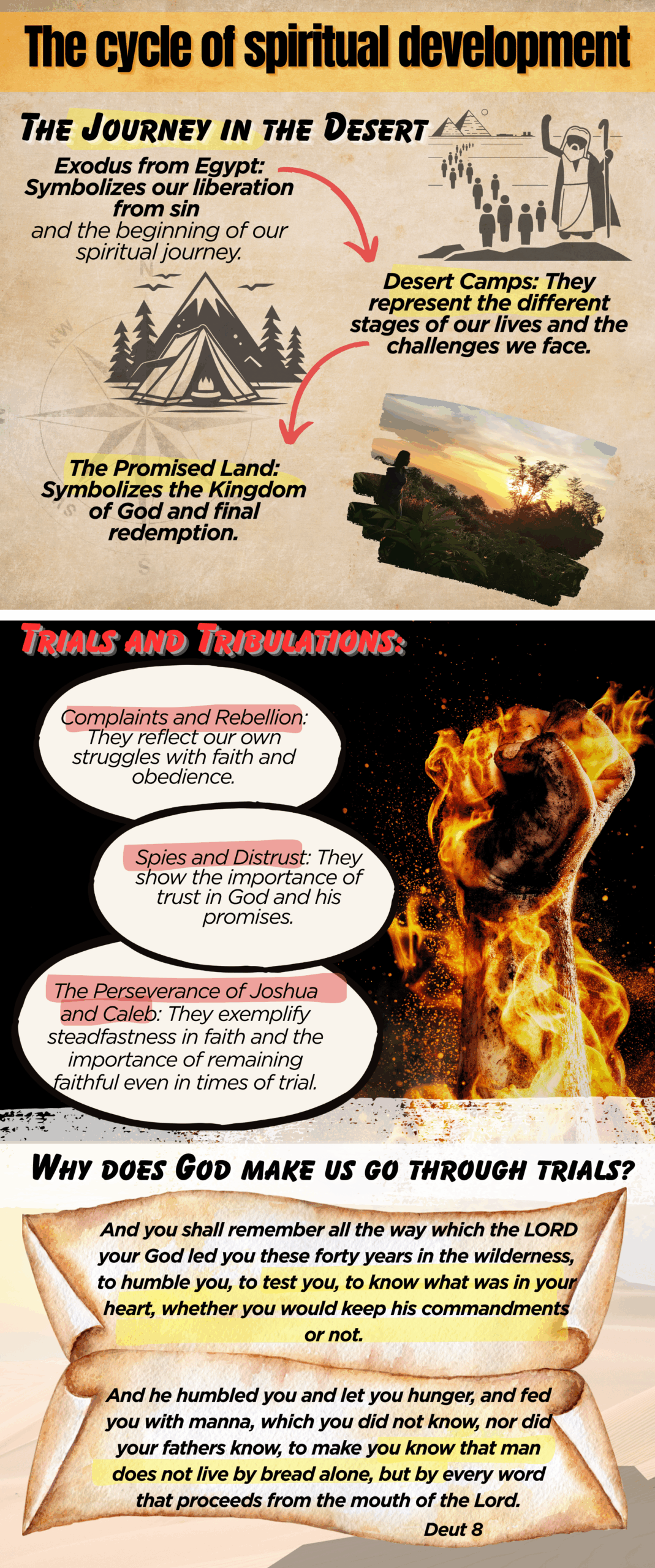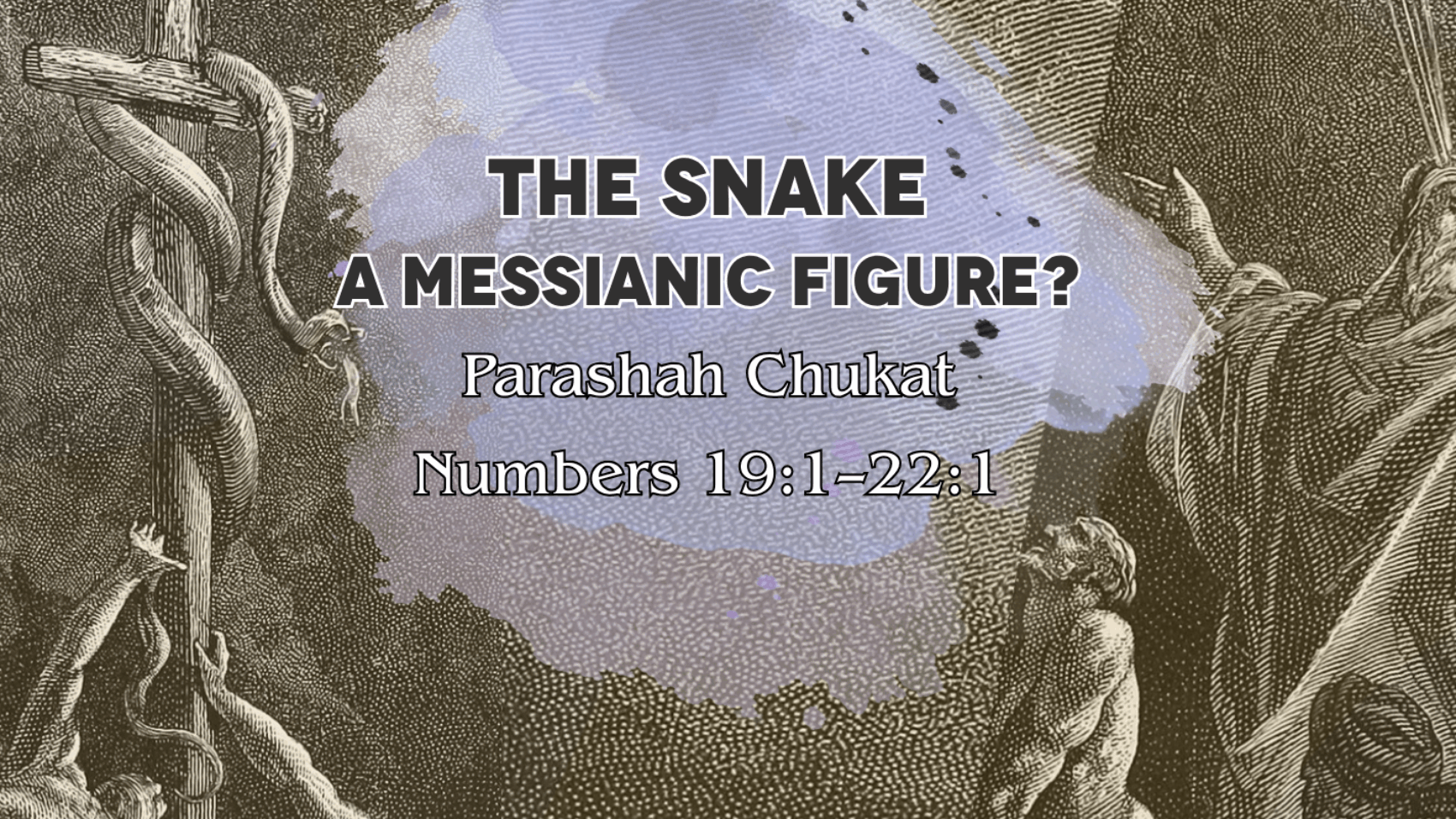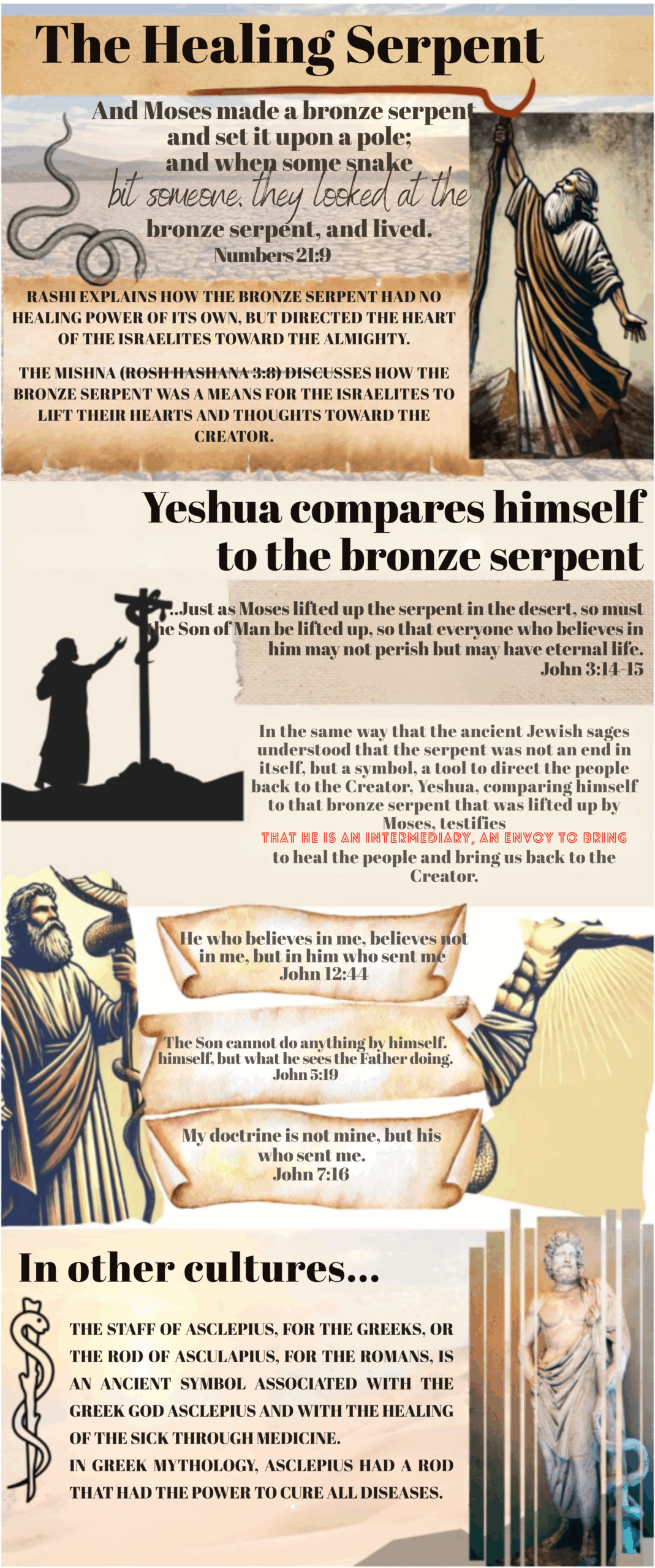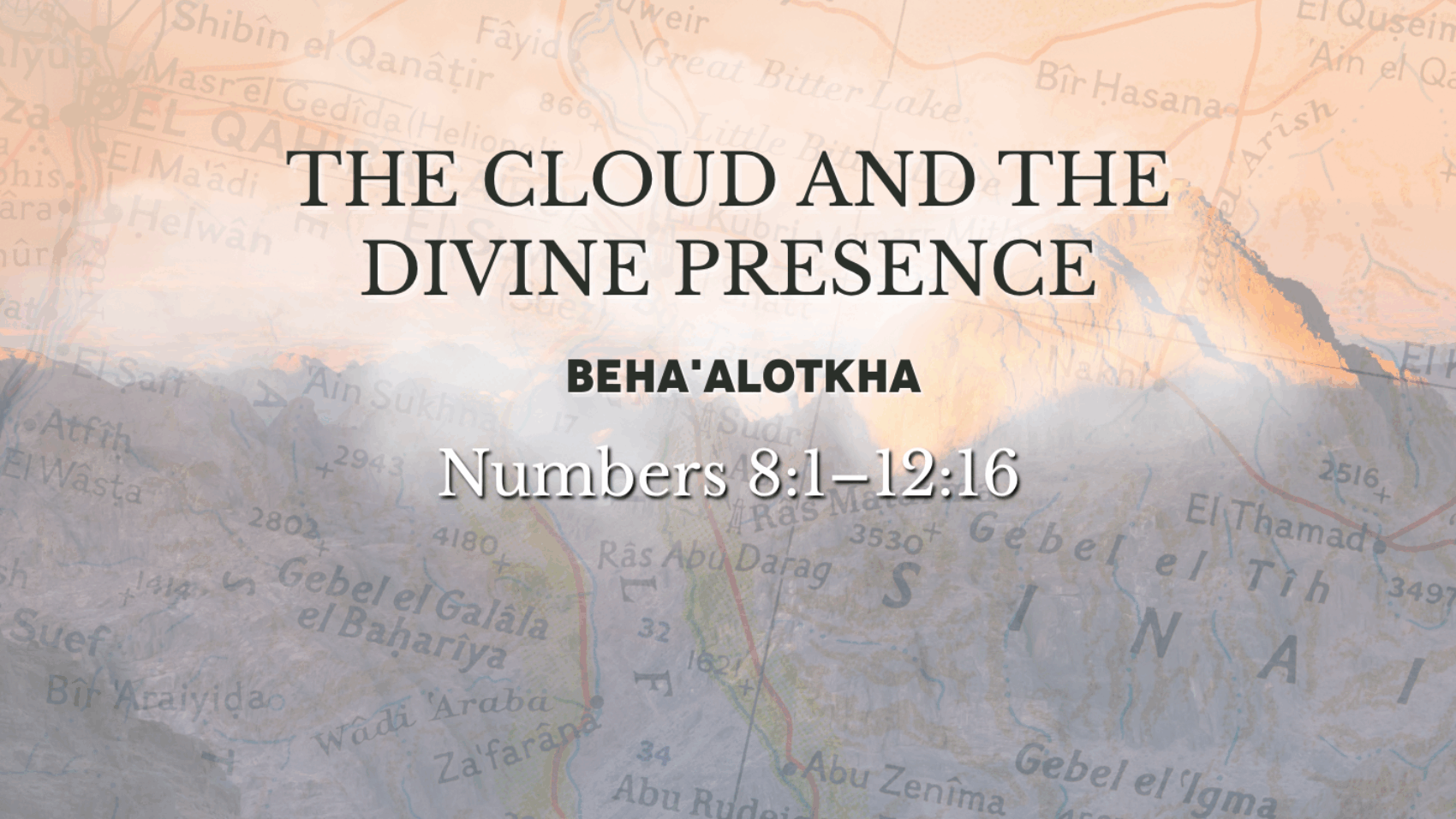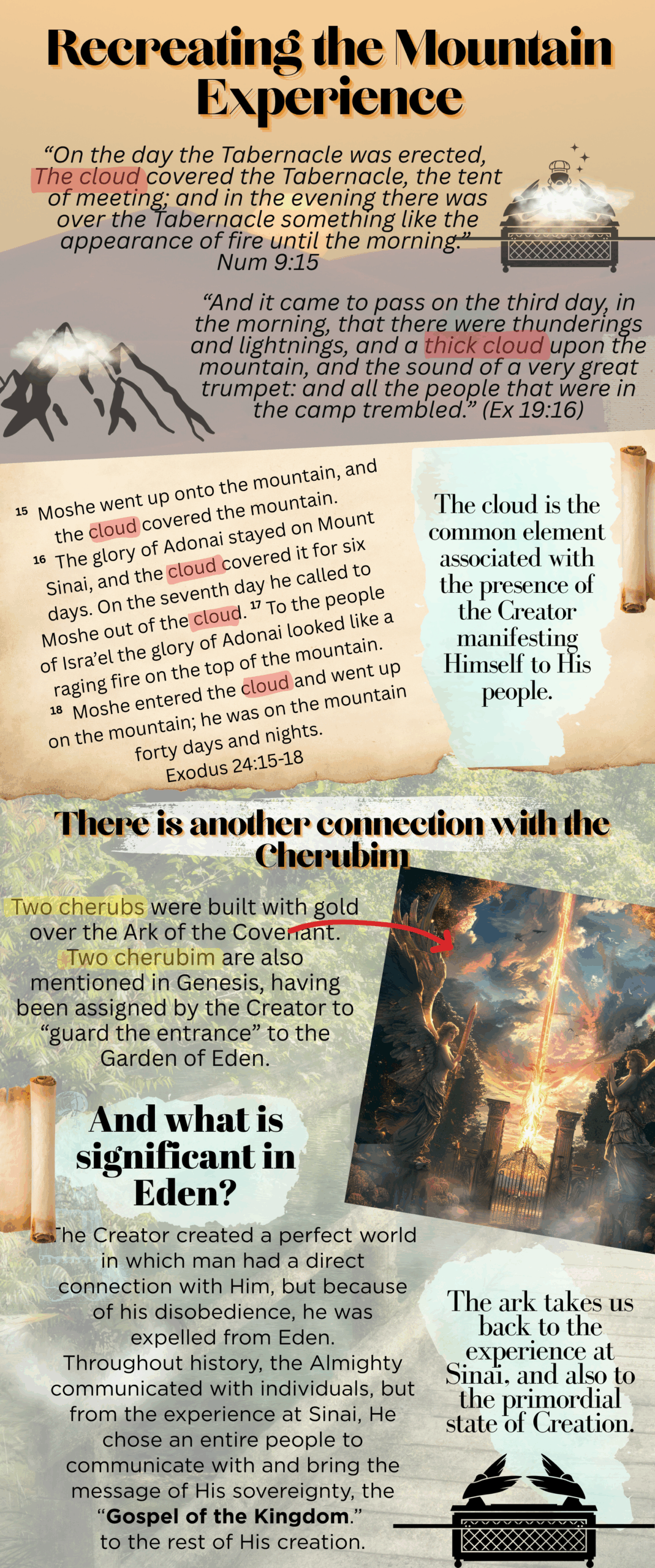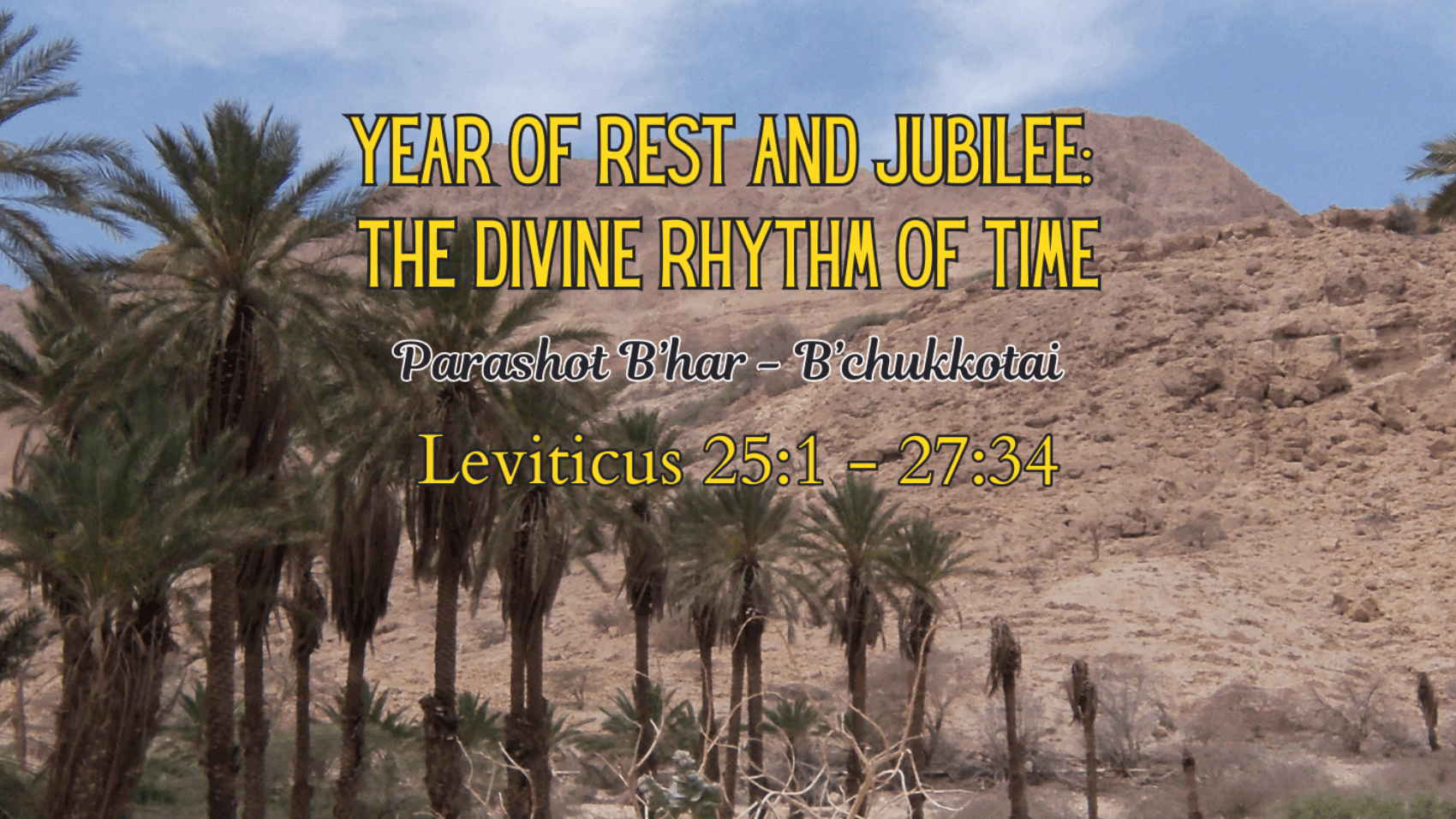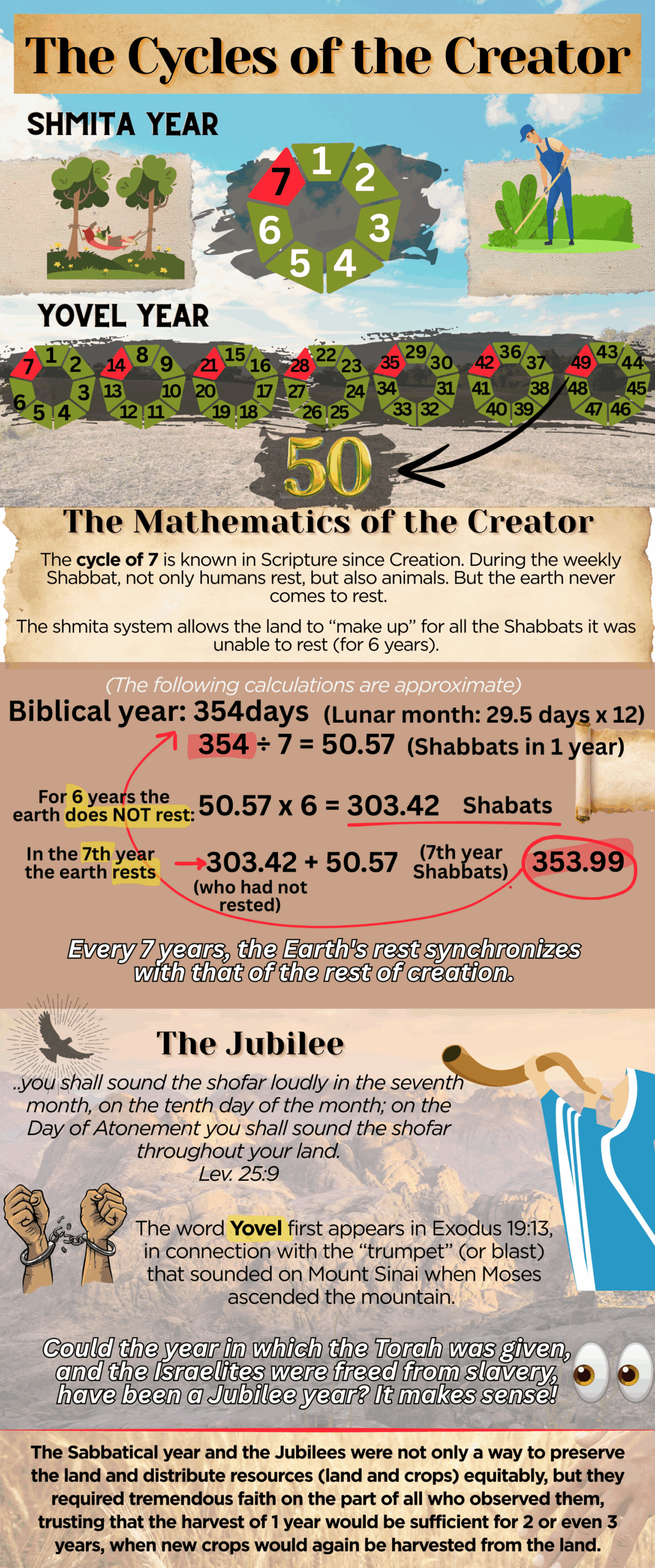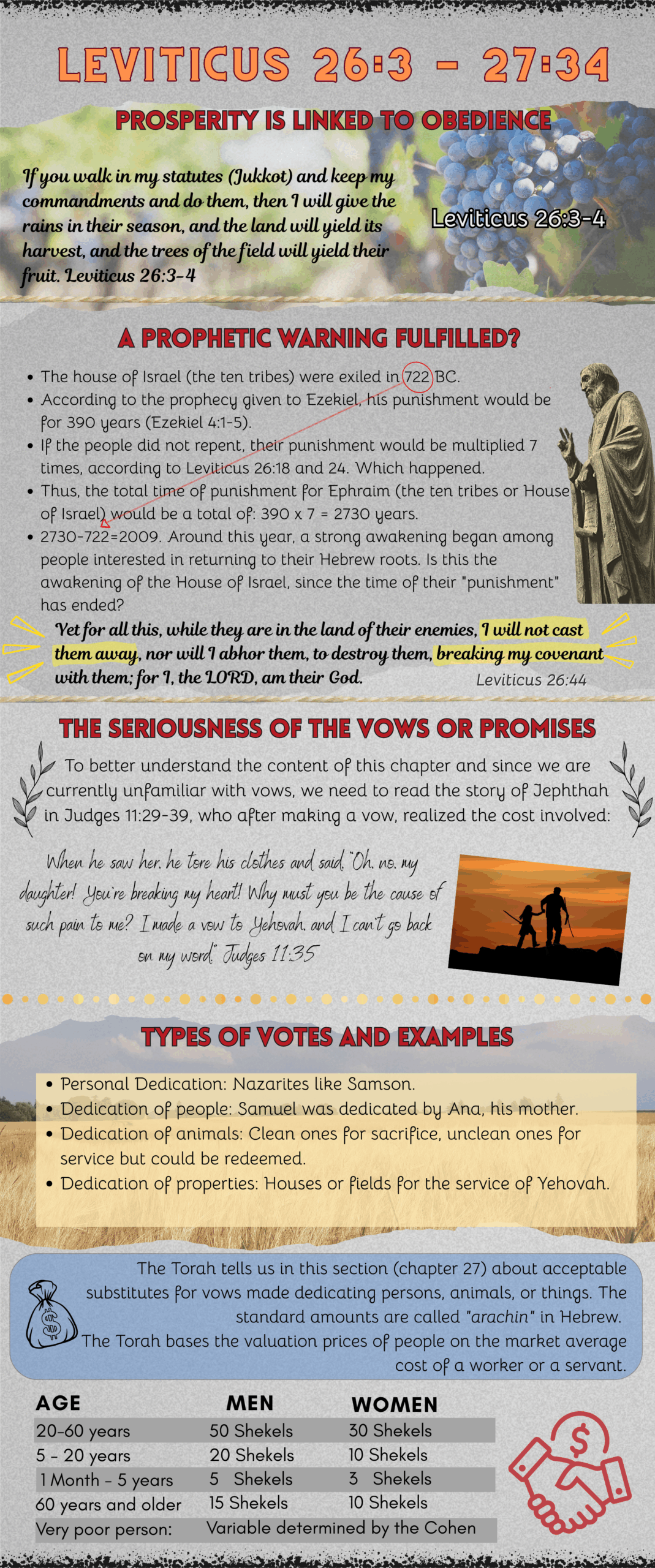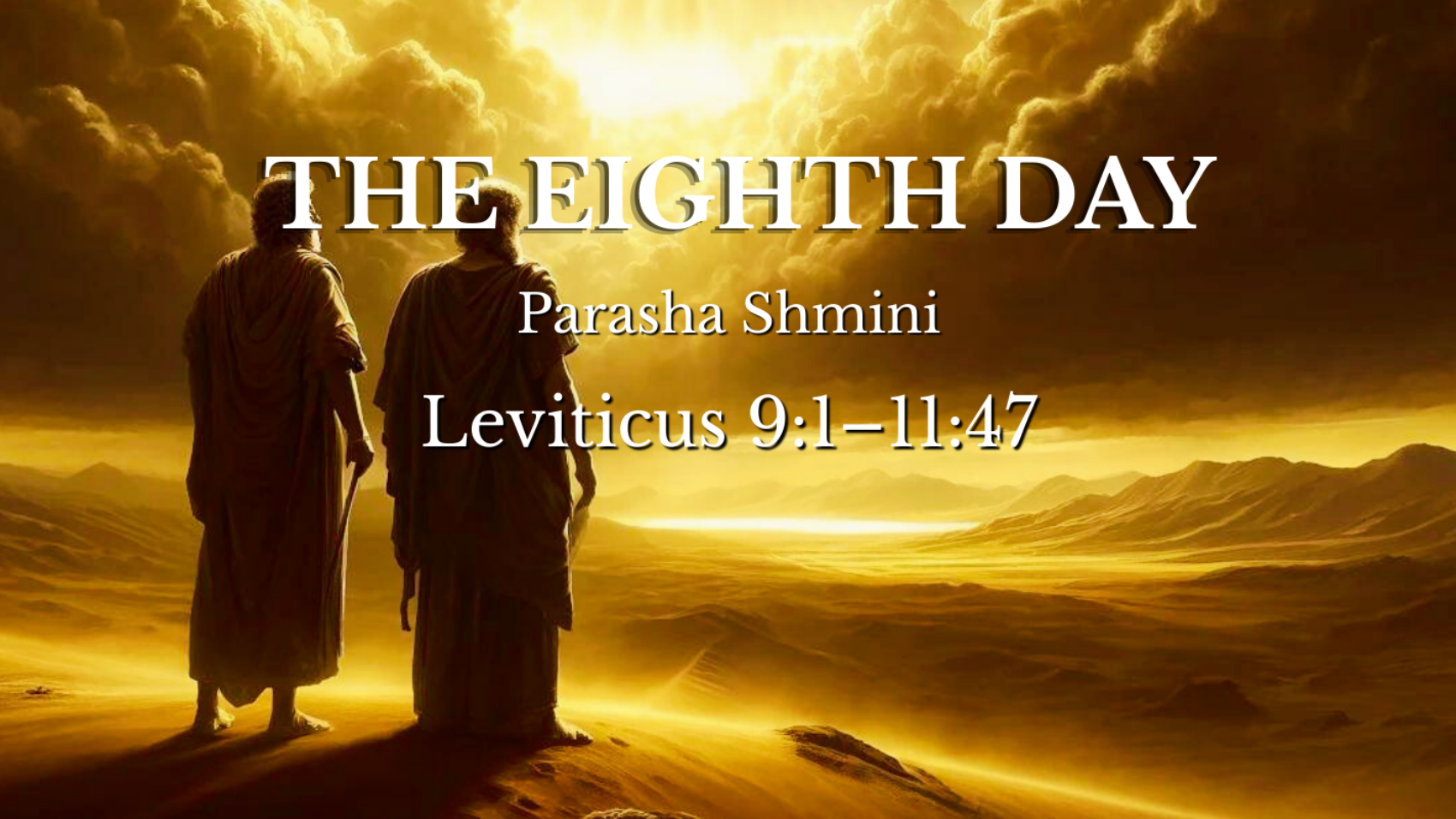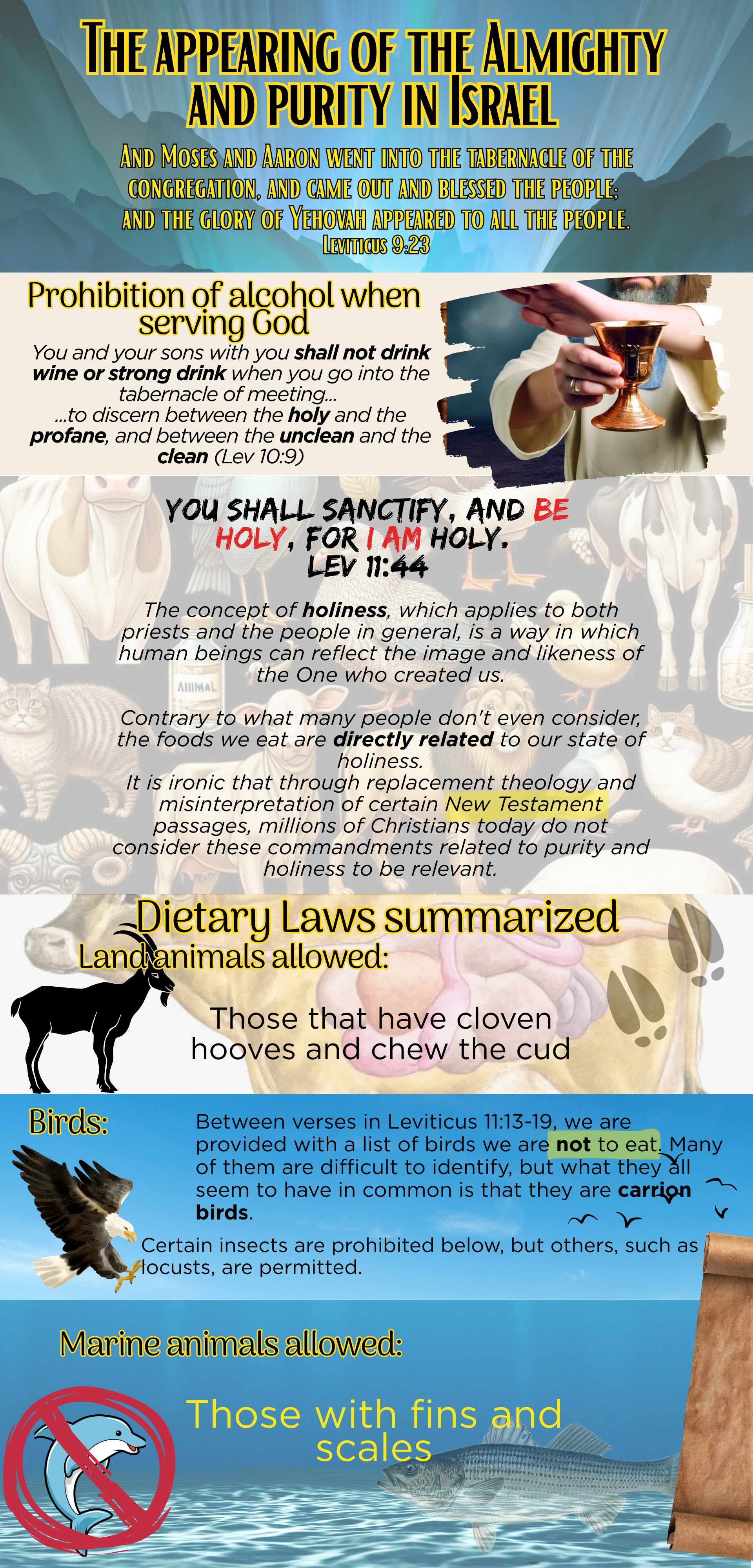In various Hebrew passages we also find the expressions shem tov and shem ra—meaning “good name” and “bad name,” respectively—both referring to a person’s character and reputation.
According to the dictionary of our language, a name in our culture is:
A word used to designate living beings or material or ethereal things.
In Hebrew, however, a name is much more than that. It represents, among other things, the essence, physical and prophetic nature, character, reputation, authority, and even the memory of a person. With that in mind, let us examine several examples from the Hebrew Scriptures.
Genesis 11:4 – “Come, let us build ourselves a city and a tower whose top may reach unto heaven, and let us make a name (shem–שֵׁם), lest we be scattered abroad upon the face of the whole earth.”
In this case, “to make a name for ourselves” refers to reputation and prestige. It is not merely about having a personal name, but about the status or renown of an individual—or, in this instance, of an entire people.
A similar idea appears in Genesis 6:4, where we are told that the nefilim came in to the daughters of men and had children by them. These were the mighty men who were of old, men of renown (haShem–הָשֵׁם).
Notice that in this latter case the word shem carries the Hebrew definite article (“the” name), yet it remains the same word. Here, it is translated as renown, continuing the same concept of reputation and authority.
In various Hebrew passages we also find the expressions shem tov and shem ra—meaning “good name” and “bad name,” respectively—both referring to a person’s character and reputation.
With this understanding, the reader can deepen their perception when encountering verses such as:
“My name (shem–שֵׁם) is continually blasphemed all day long.” — Isaiah 52:5
or, by contrast:
“Let those who love Your name (shem–שֵׁם) rejoice in You.” — Psalm 5:11
And even more importantly: what is the true meaning of the Third Commandment, “You shall not take His Name in vain”?
That question remains open for personal reflection. Yet it is the author’s opinion that the depth of this commandment goes far beyond how one pronounces His Name—it reaches into how one represents and honors His character.


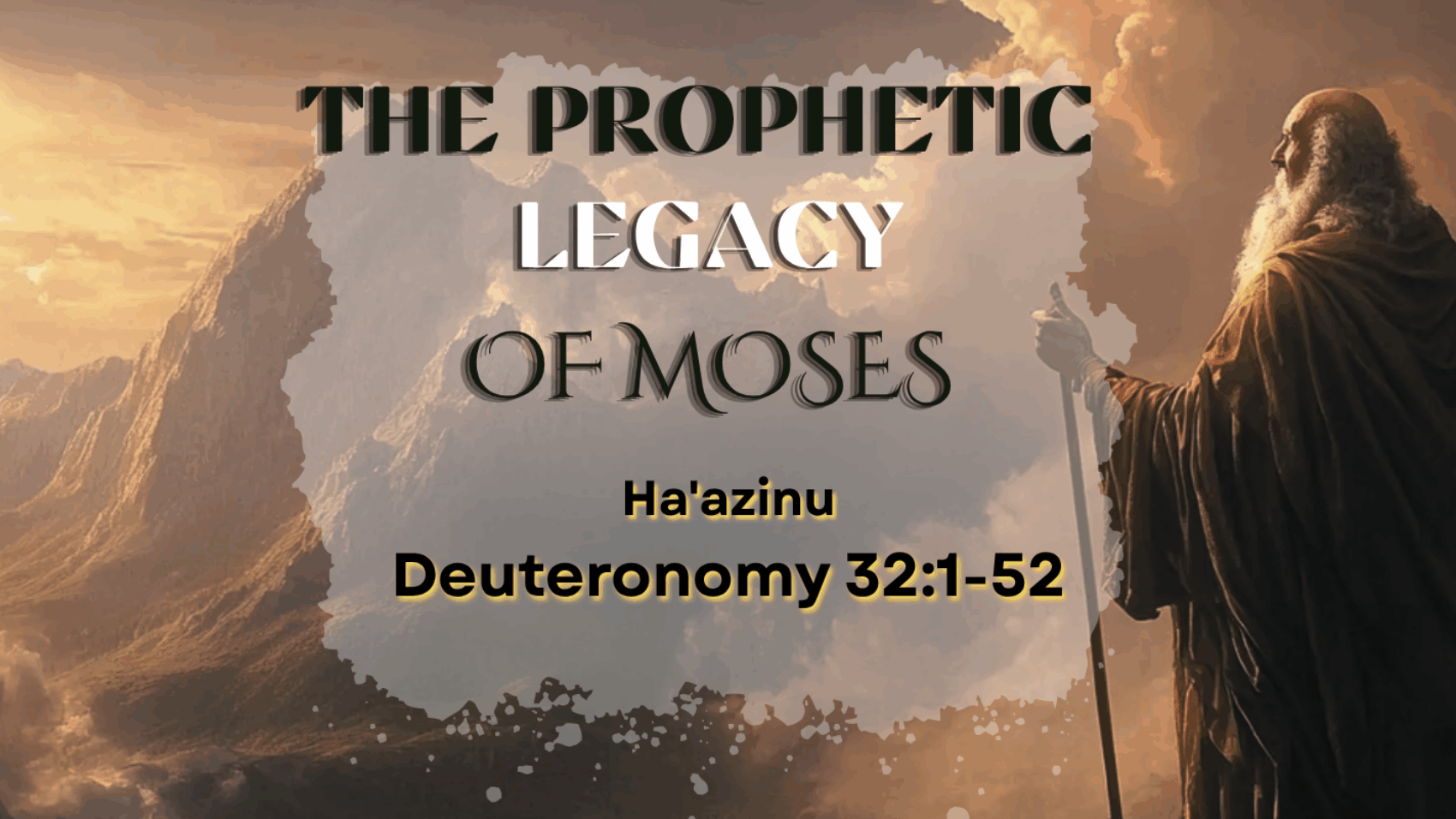
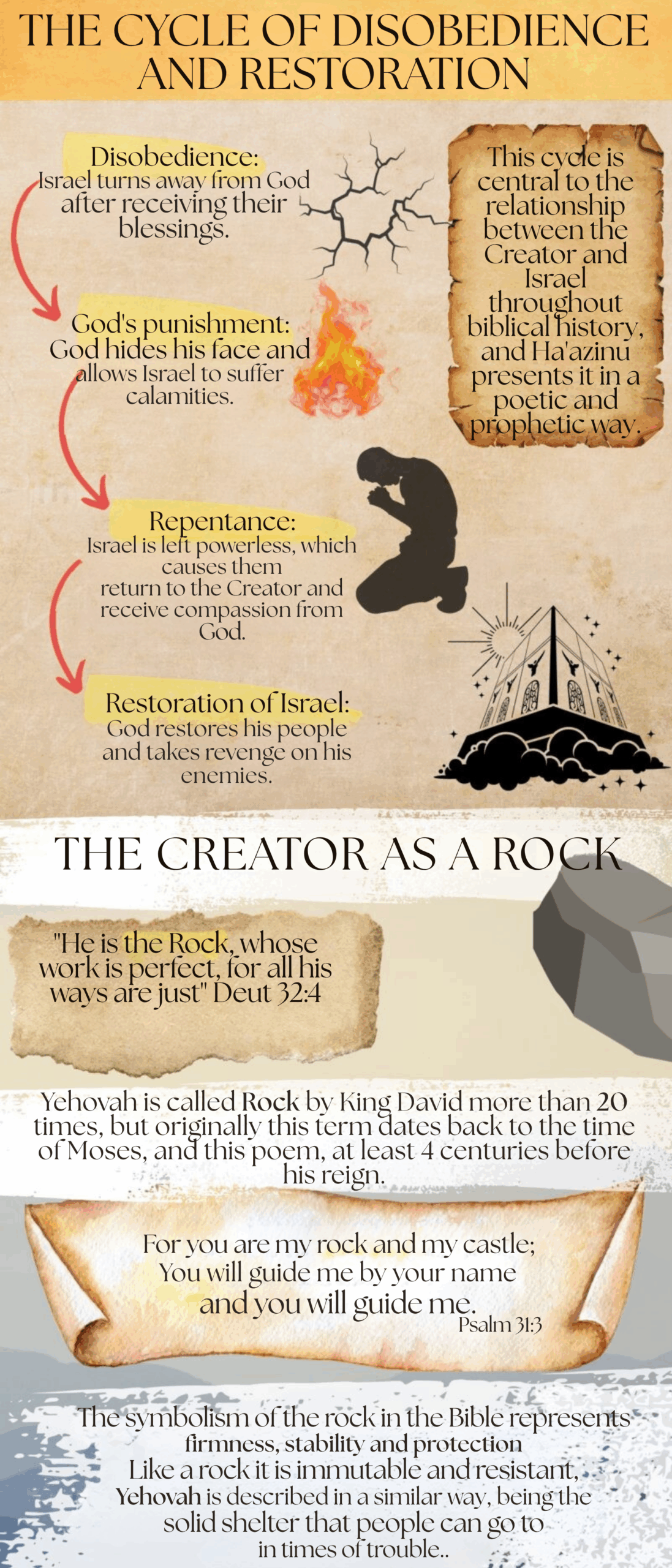
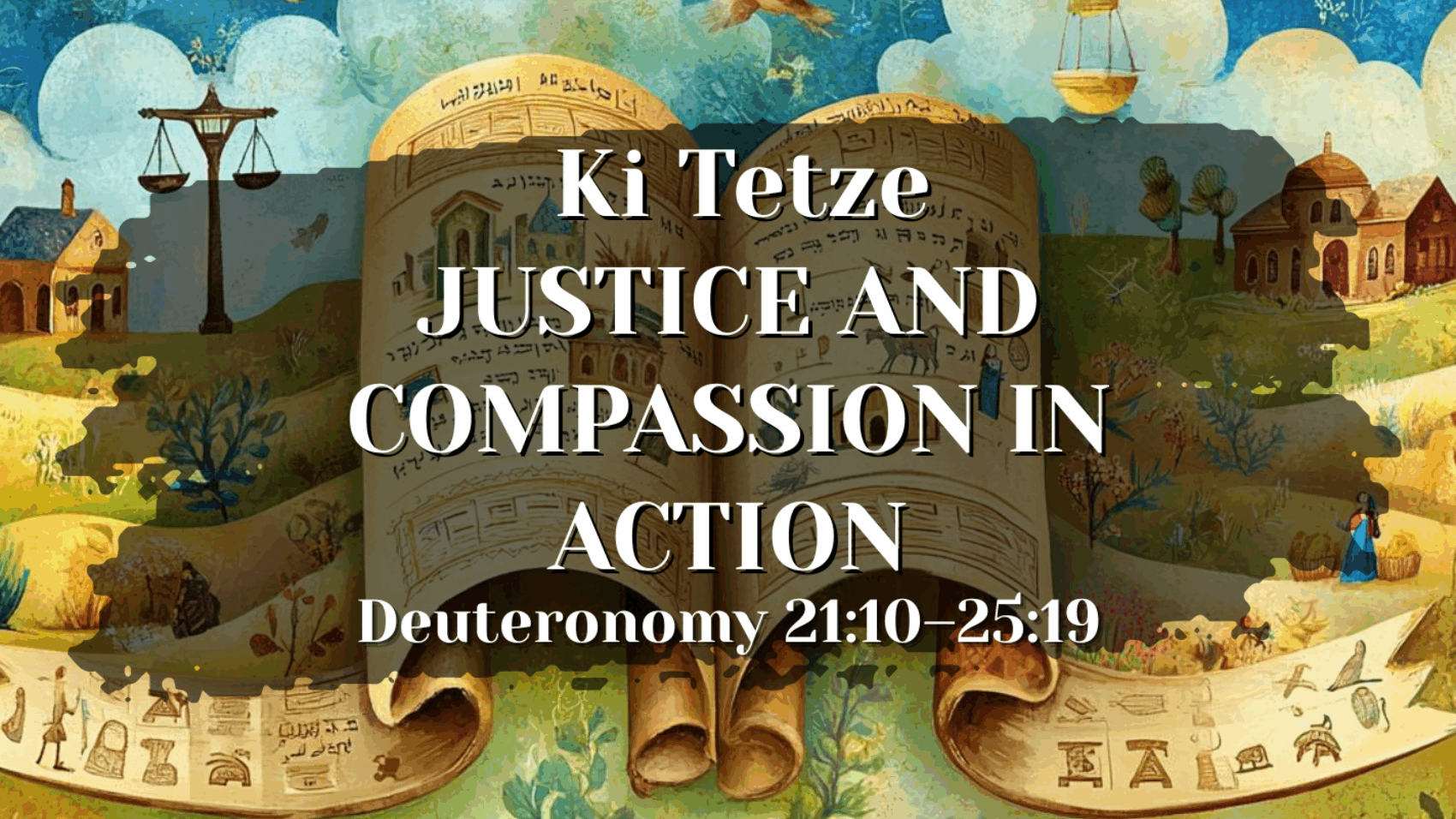
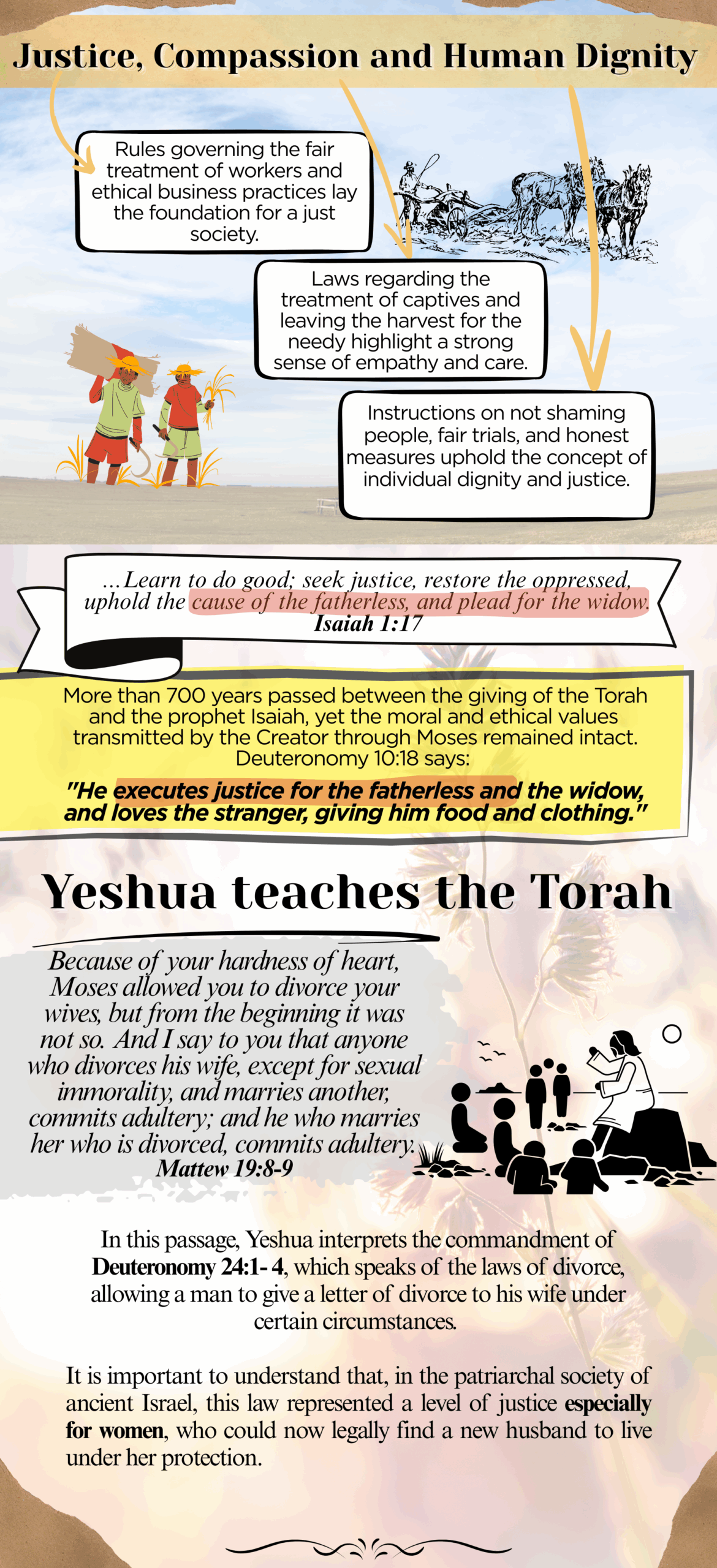
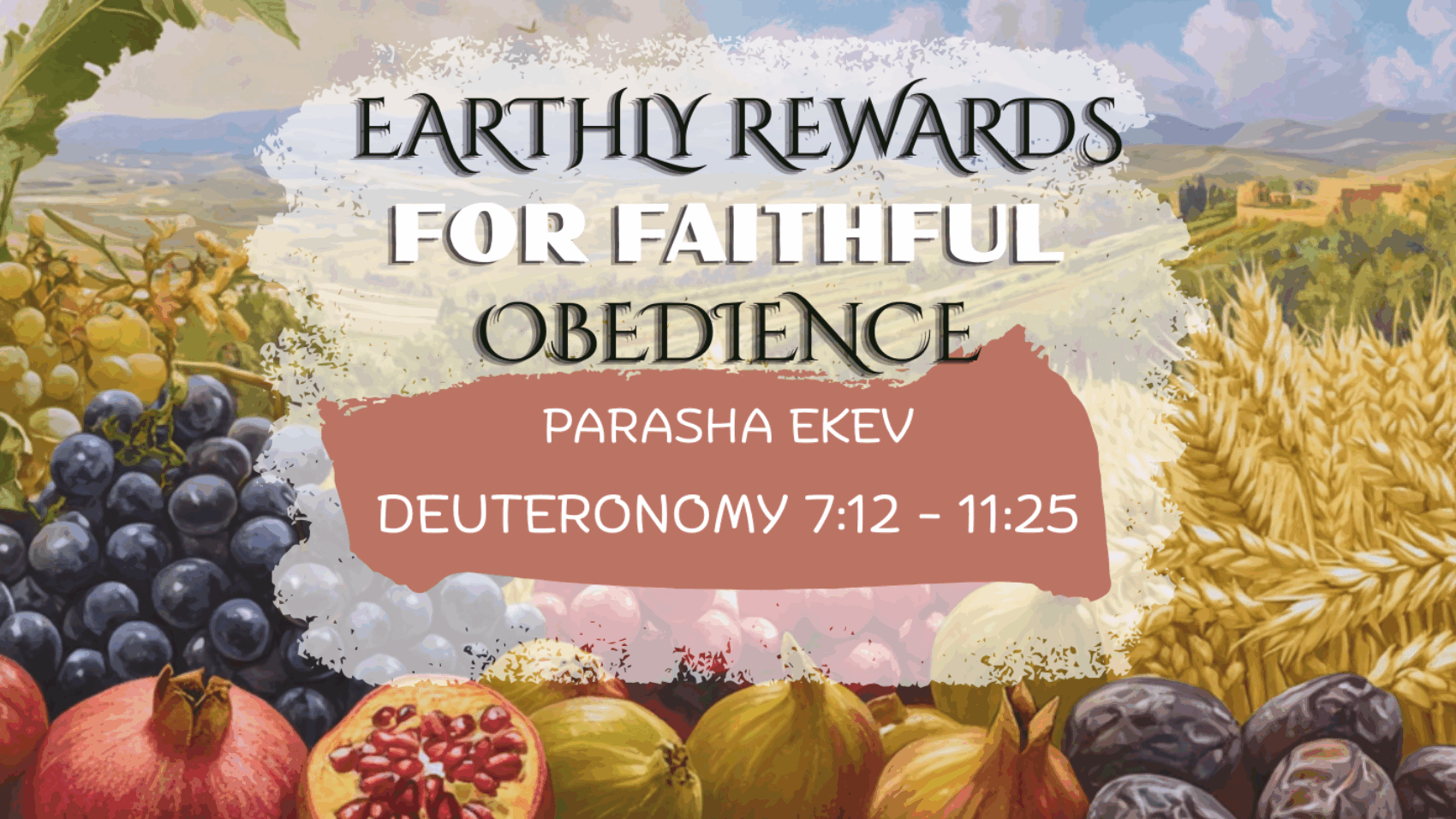
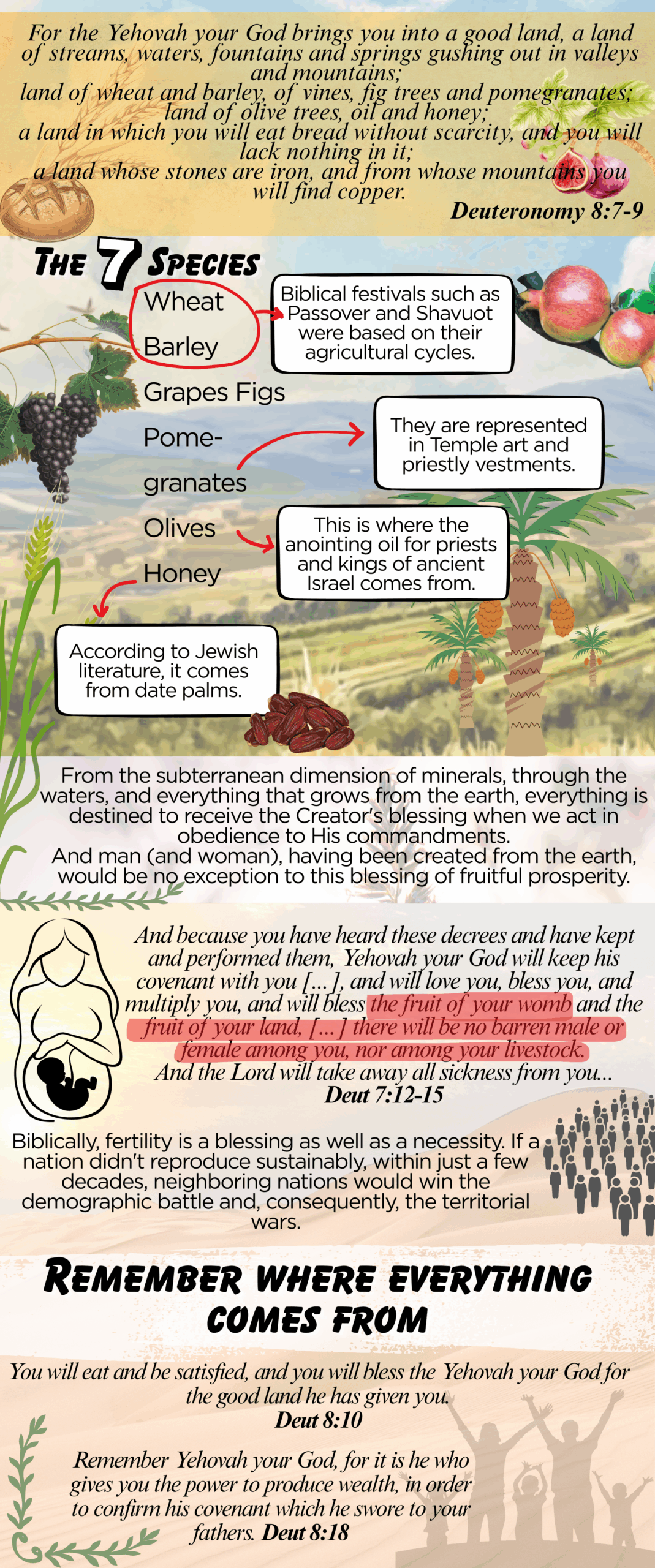
![Copy of Blog Tetzavé [cabecera]](https://aroodawakening.tv/wp-content/uploads/2025/07/Copy-of-Blog-Tetzave-cabecera-e1753365494489-1700x956.png)
